Menu
Contact
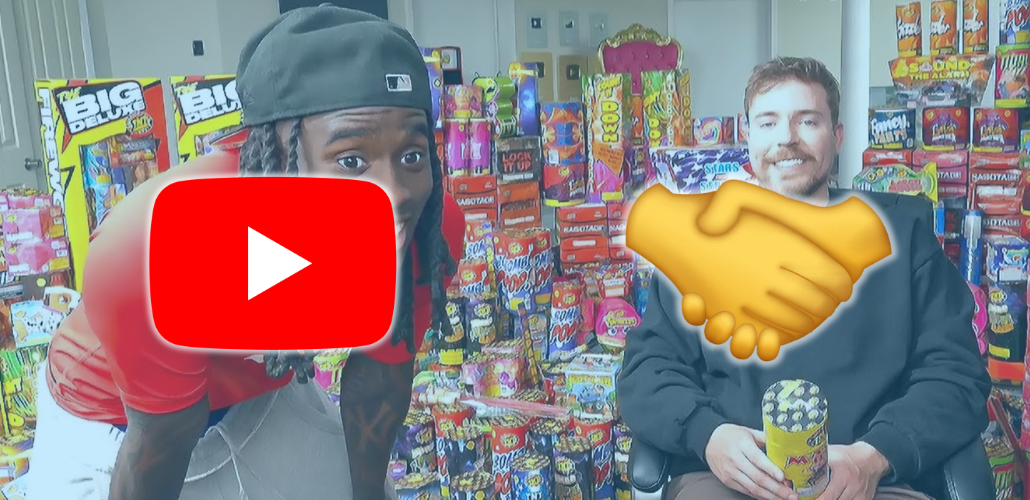
Collaborative posting has reshaped the way content is created and distributed across platforms. Originally introduced by Instagram in 2021 and later adopted by TikTok, the feature has given creators and brands an innovative way to co-author content, increasing visibility and reach beyond the limits of traditional tagging or watermarks. Now, YouTube, the world’s second-largest search engine, is entering the collab era in a big way.
Yes, YouTube already has a “collab” feature but it’s limited to Shorts and functions more like TikTok’s Stitch tool. This version allows creators to repurpose existing videos by placing their own content beside or above it, perfect for reactions, commentary, or duet-style performances. But it doesn't function like Instagram or TikTok’s co-posting model, where two creators are equally credited on a single piece of content.
That’s where YouTube’s new long-form collaboration feature comes in and it’s set to change everything.
Traditionally, long-form collaborations on YouTube meant co-producing a video that was published on just one creator’s channel. Cue the awkward moment during planning when someone asks, “Can I post it on my channel too?” and you hesitate because you want to keep the traffic centralized. We’ve all been there.
With the new feature, that dilemma disappears. Whether the content is pre-recorded or live, the video will now appear on both collaborators’ channels. Both creators’ names and avatars will be displayed under the title, making it crystal clear that the video is a joint project.
loading a collaborative video is simple:
This dual-posting structure gives creators and brands the best of both worlds; shared visibility without splitting traffic or audience engagement.
YouTube’s algorithm thrives on audience behavior, so this feature is a win-win for visibility. By recognizing audience overlap, YouTube can push the content further across shared and new viewer bases.
For smaller creators, this is a gateway to bigger audiences. For larger creators, it allows them to co-create without sacrificing traffic. And for brands, this offers a new level of exposure by doubling the distribution power of a single video.
Gone are the days of creating multiple versions of the same campaign video or fighting over who gets the upload. Now, everyone wins creatively and algorithmically.
While long-form collaborations are exciting, the real viral opportunity lies in clips.
Most YouTube viewers consume short, 3–5-minute clips pulled from longer 1–2-hour videos, especially with podcasts and livestreams. The ability to collaborate on clips is going to be a game changer for creators, guests, and brands alike.
Imagine Kai Cenat’s “Mafiathon 3”: Kim Kardashian appeared on Day 1. Now picture a clip titled “Top 5 Kim Kardashian Mafiathon 3 Moments” published as a collab on both Kai’s and Kim’s channels. No more needing to repost segments individually or driving traffic to just one channel; just accept the collab invite and you’re done.
Now celebrities, influencers, and guests like Druski, Kevin Hart, or Megan Thee Stallion can instantly be part of the distribution loop, ensuring their appearances get the visibility they deserve without extra work.
YouTube’s new long-form collaboration feature isn’t just a minor tweak it’s a paradigm shift in how content is created, shared, and amplified. From cross-promotion and audience expansion to streamlined branded partnerships, this tool is poised to reshape digital storytelling and creator economics.
Want to learn more? Check out this video by Jeffrey Powers of Geekazine for a deeper dive into the new collab workflow.
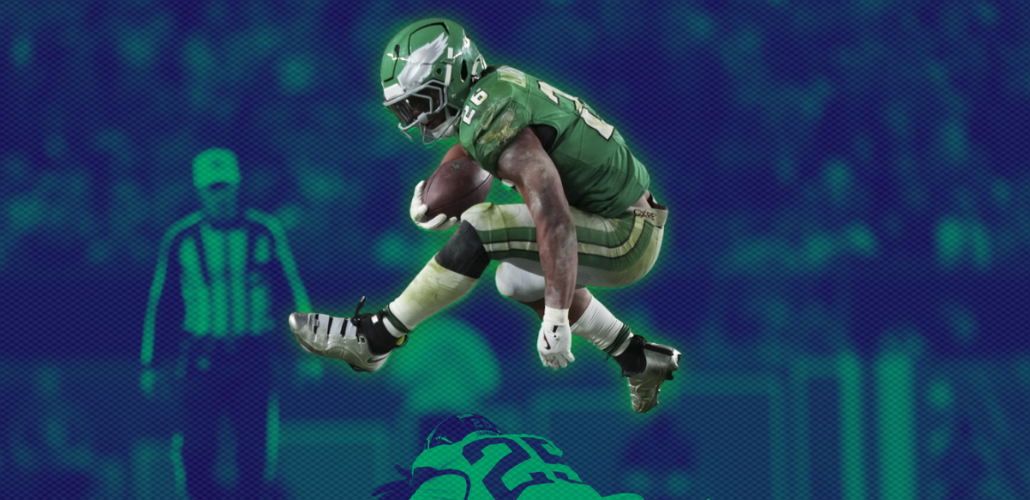
Remember that awkward moment when refs would bring out the chains, everyone squints, and you’re left yelling at your TV? Yeah, that’s over.
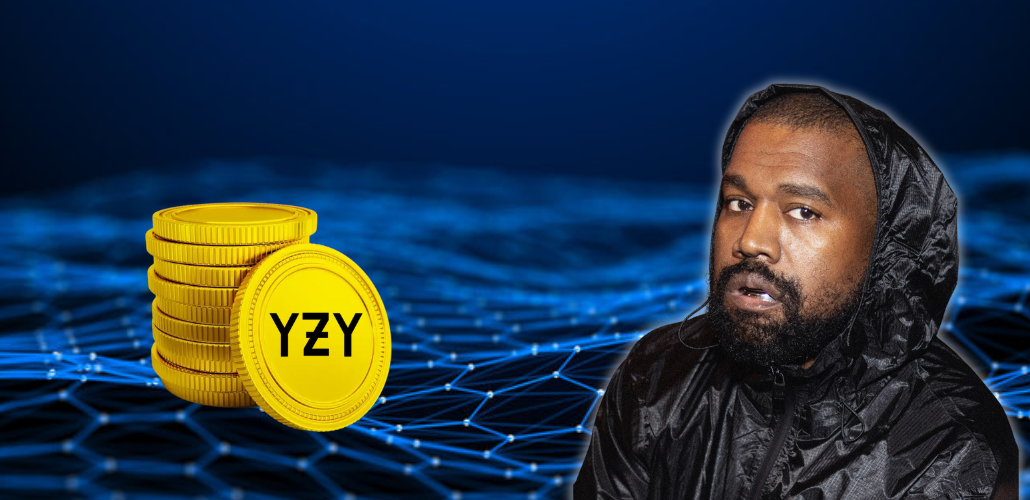
Ye once mocked crypto, saying it preyed on fans. Fast-forward to August 2025, and suddenly he’s dropping YZY on Solana.
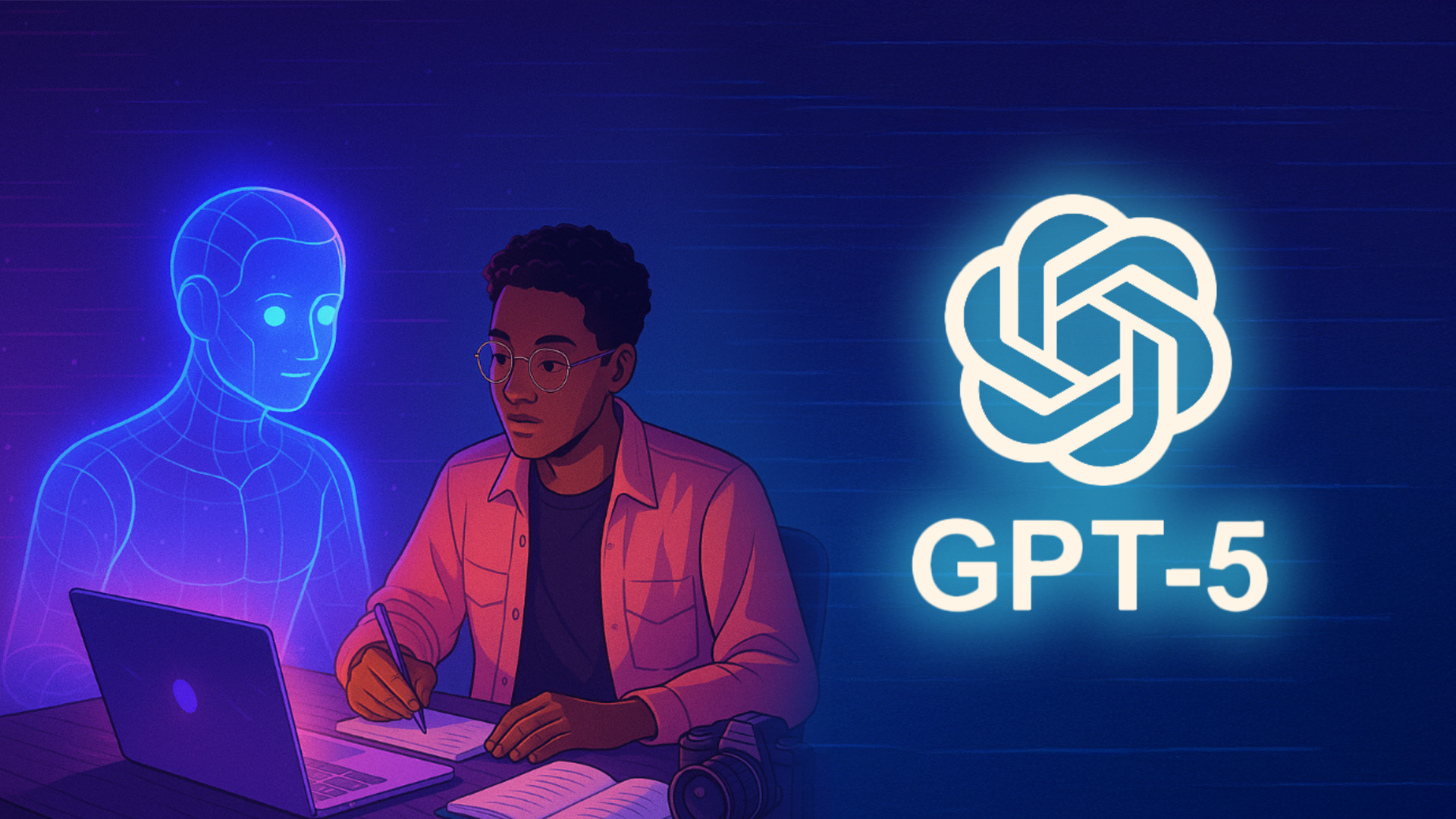
I’ve said it before, ChatGPT has become my must-have creative assistant. Whether I’m drafting, designing, strategizing, or just trying to push through a creative block, it’s the tool I reach for first.
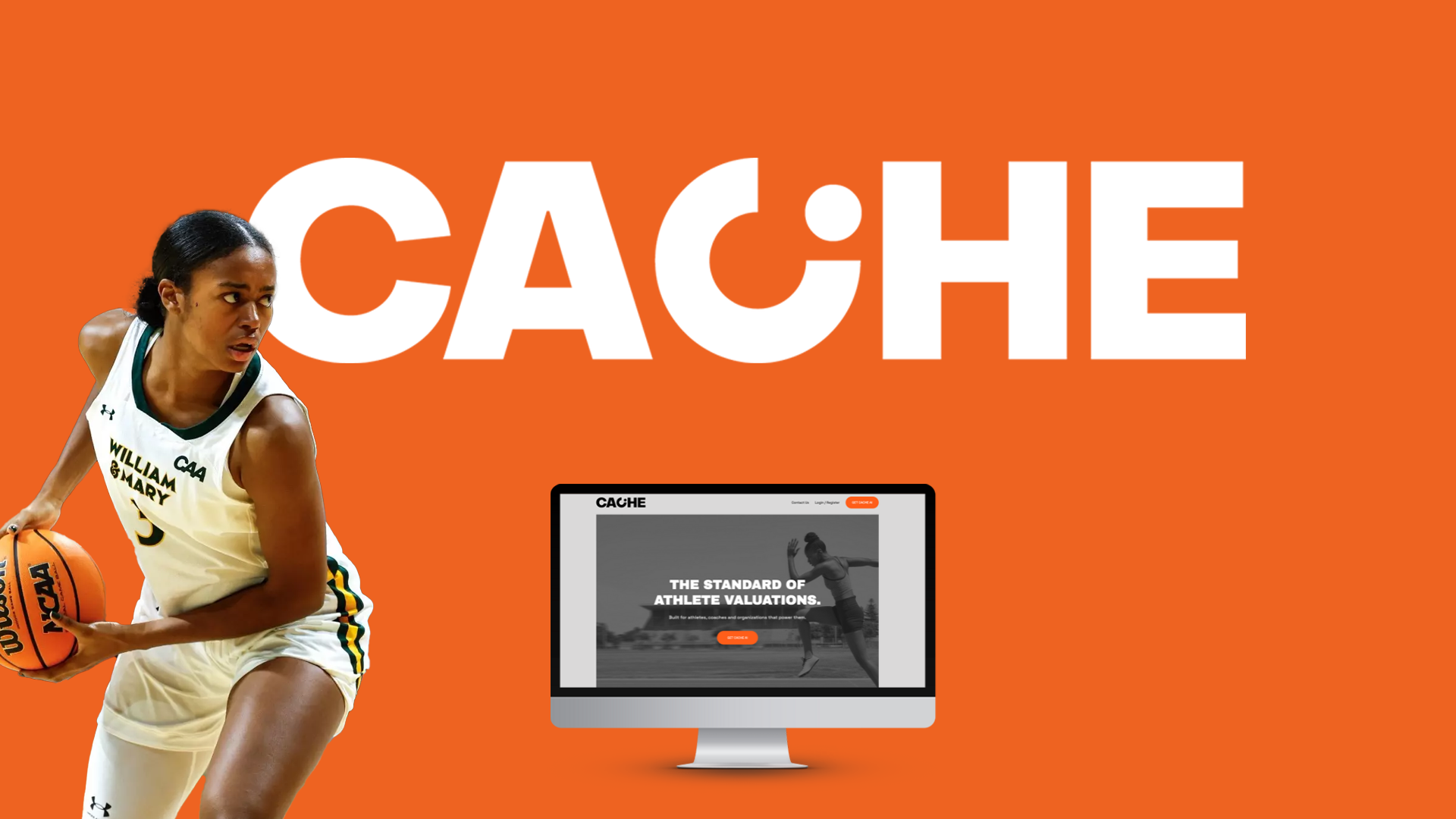
Cache AI uses smart technology and real-world data to help athletes see what they’re really worth in today’s sponsorship economy.